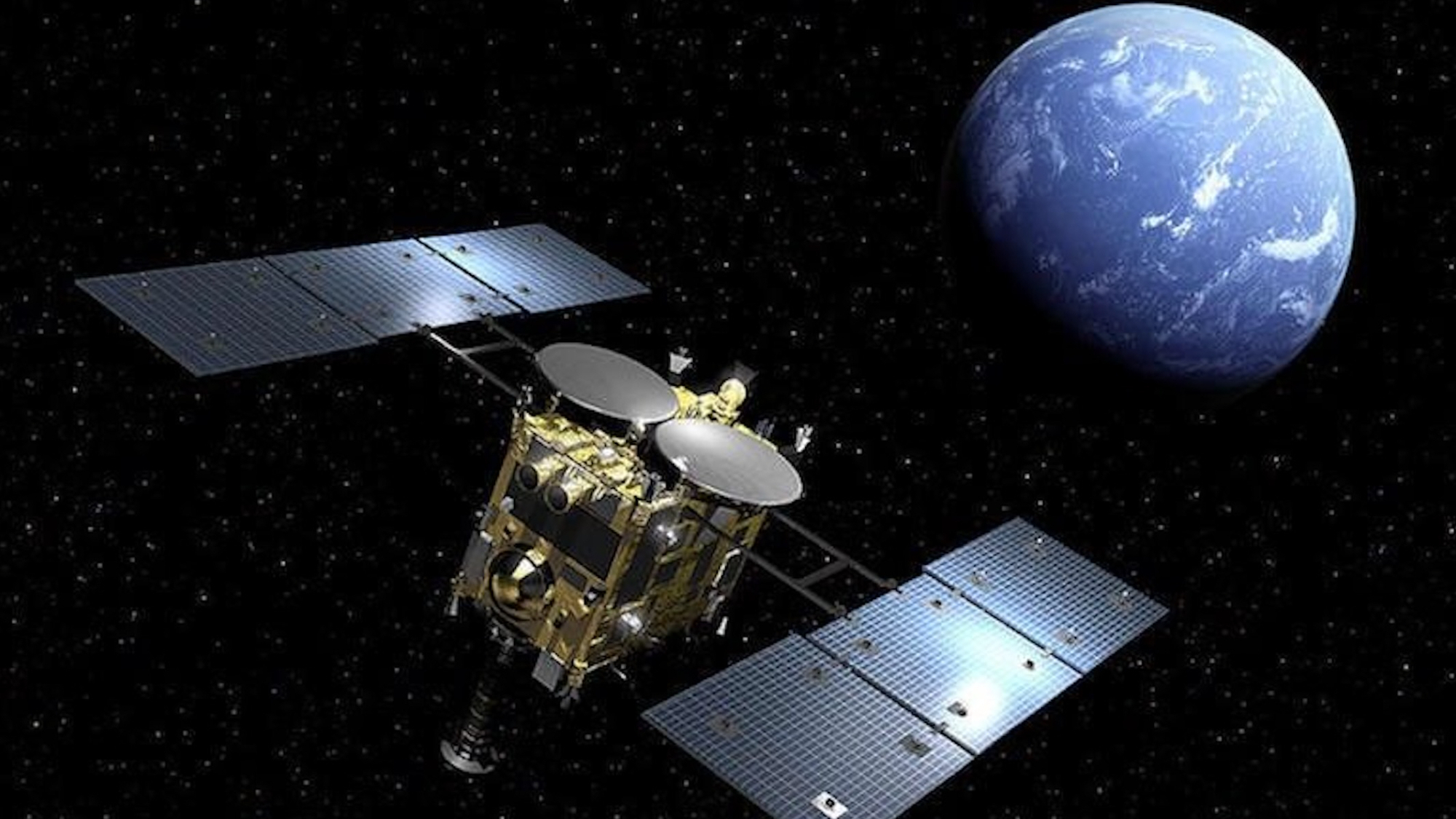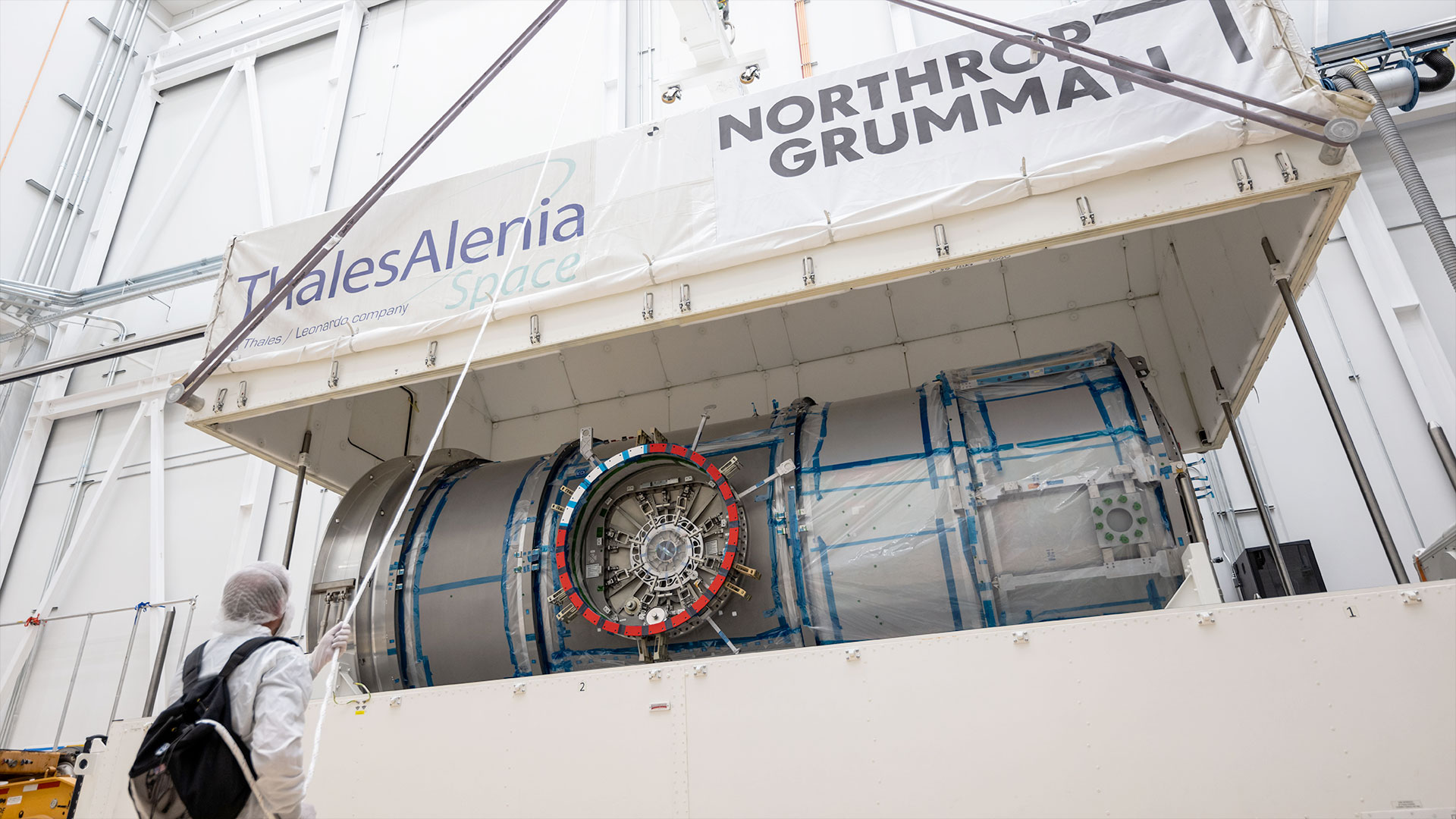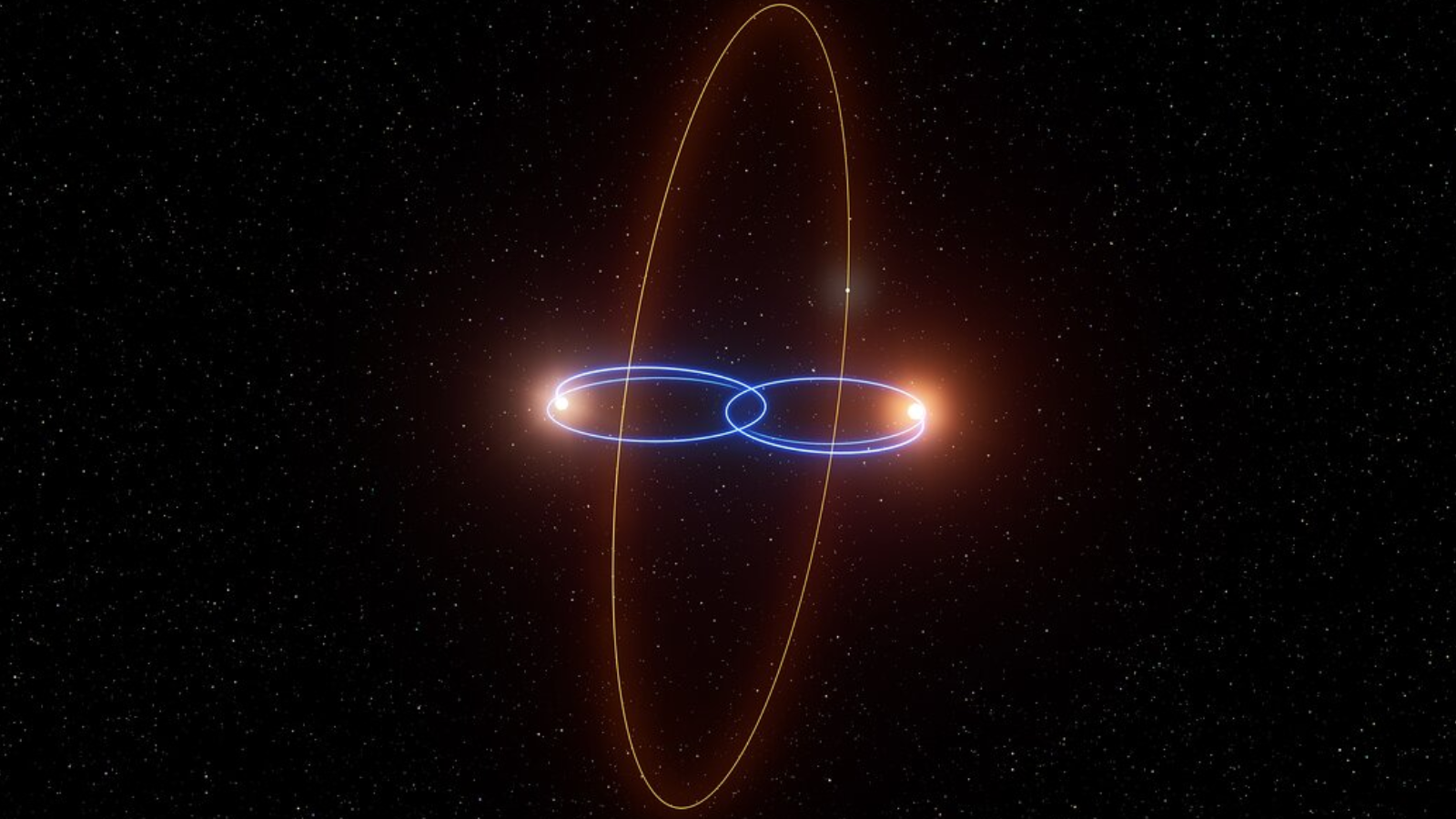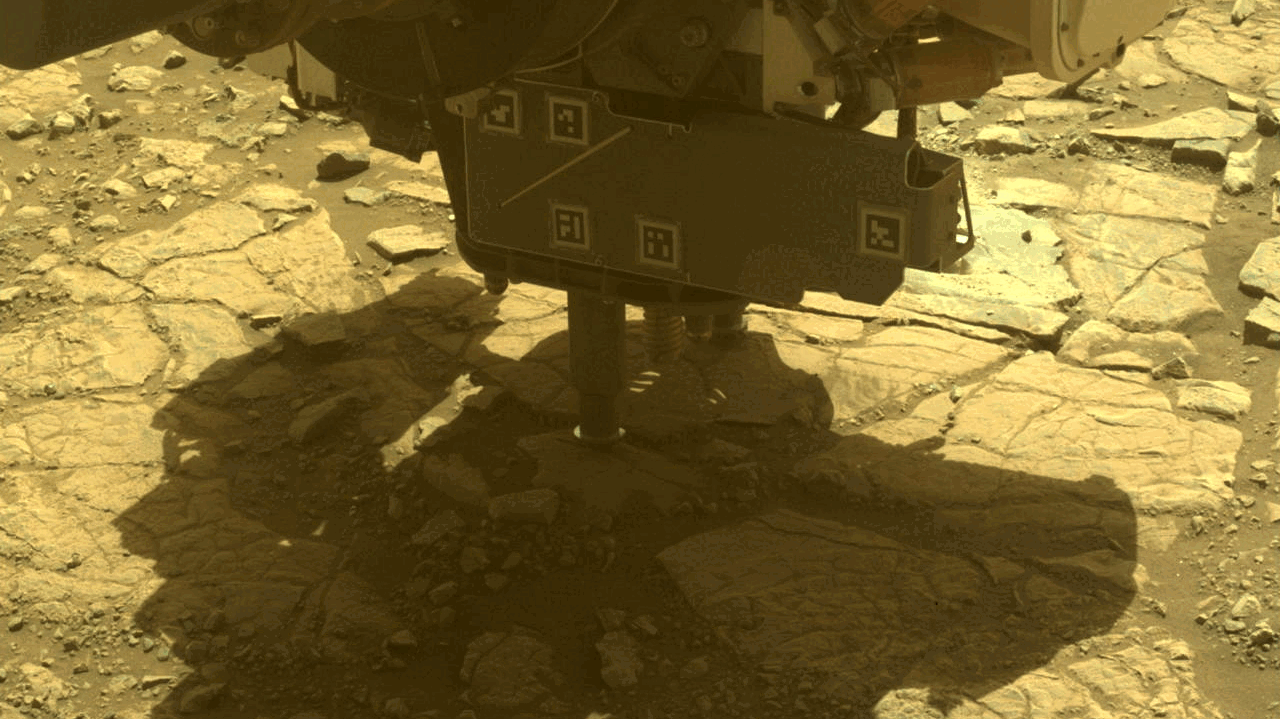Google Wants to Make Military Spy Drones Even Smarter
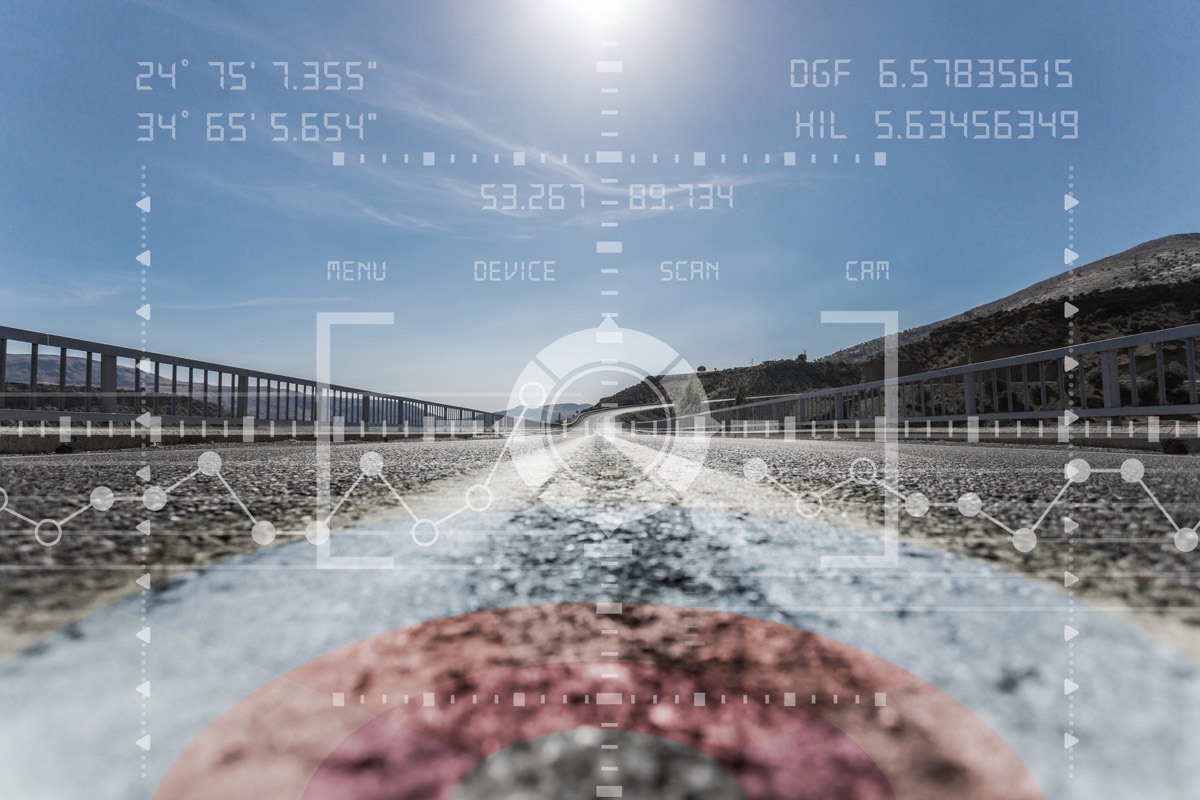
Google has partnered with the U.S. Department of Defense to help the agency develop smarter drone software. According to a report from Gizmodo, Google has agreed to provide the DOD with machine-learning software that will help the department's computers better detect objects in surveillance drone footage.
The new partnership, which was leaked from an internal Google mailing list last week and confirmed yesterday (March 6) in a statement, is part of a DOD initiative called Project Maven (also known as the Algorithmic Warfare Cross-Function Team). According to a DOD news release issued last July, Project Maven aims to improve America's ability to "[win] wars with computer algorithms and artificial intelligence" by rapidly upgrading the military's ability to analyze drone footage. [5 Surprising Ways Drones Could Be Used in the Future]
The project's first goal is to develop artificial intelligence capable of automatically detecting "38 classes of objects" regularly seen in military drone footage, the DOD said. This will ultimately help data analysts parse the "millions of hours of video" captured each year by drones surveilling combat zones in such countries as Iraq and Syria.
"AI will not be selecting a target [in combat] … any time soon," Marine Corps Col. Drew Cukor, chief of the Algorithmic Warfare Cross-Function Team, said at a defense tech summit last year. "What AI will do is complement the human operator.”
Google will reportedly help the department achieve this goal by providing software building blocks known as TensorFlow application programming interfaces (APIs), which are often used in building neural networks.
"This specific project is a pilot with the Department of Defense, to provide open source TensorFlow APIs that can assist in object recognition on unclassified data," a Google representative said in a statement."The technology flags images for human review, and is for non-offensive uses only."
This explanation doesn't sit well with some Google employees, Gizmodo reported, and some staffers are "outraged" at the company’s agreement to lend its technology to controversial drone operations. Countries around the world are nevertheless pouring funding into developing artificial intelligence for military purposes, which Cukor described as "an AI arms race."
Get the Space.com Newsletter
Breaking space news, the latest updates on rocket launches, skywatching events and more!
"No area will be left unaffected by the impact of this technology," he said.
It is unknown whether the DOD is working with any other major tech companies as part of Project Maven at this time, or if Google stands alone.
Originally published on Live Science.
Join our Space Forums to keep talking space on the latest missions, night sky and more! And if you have a news tip, correction or comment, let us know at: community@space.com.

Brandon has been a senior writer at Live Science since 2017, and was formerly a staff writer and editor at Reader's Digest magazine. His writing has appeared in The Washington Post, CBS.com, the Richard Dawkins Foundation website and other outlets. He holds a bachelor's degree in creative writing from the University of Arizona, with minors in journalism and media arts. He enjoys writing most about space, geoscience and the mysteries of the universe.





